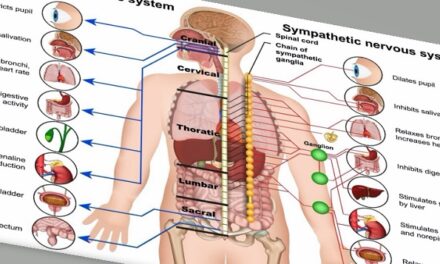As part of my senior project this semester at Muhlenberg College, I had the opportunity to investigate social media’s effect on mental health stigma (understood as negative attitudes and biases towards people with mental illness and/or those in treatment). My research team and I designed a study which investigated whether people’s experiences on social media, specifically the popular app TikTok, affected their stigma towards mental health. We chose to investigate this topic because social media use has increased due to the COVID-19 pandemic. Since people were trying to find alternative ways to communicate and connect to one another, social media platforms have gained popularity. During a time of isolation and loneliness, people turned to social media to replace in-person human interaction.
The study assessed whether social media, specifically TikTok, can change a person’s attitude towards depression or attention-deficit/hyperactivity disorder (ADHD). Participants watched videos which focused on a specific diagnosis and condition, and we were interested in examining the role that the condition had on stigma. The study split 150 participants into one of six conditions, differing in terms of whether the subject matter was cast in a positive light or negative light in each TikTok video. Conditions included “depression-positive,” “depression-negative,” “depression-mixed,” “ADHD-positive,” “ADHD-negative” and an “ADHD-mixed.” Each participant watched two videos involving someone acting as if they have a mental illness, discussing the mental illness or providing tips on coping with the mental illness.
Participants were asked a series of questions before and after watching the TikTok videos using two established rating scales, the Mental Health Baseline Scale and Self-Stigma of Seeking Help Scale, to determine their baseline attitudes towards mental health, and then to see whether their attitudes might change after watching the videos. We found that the type of video participants watched indeed affected their attitudes. When participants watched depression-positive or ADHD-positive TikTok videos, their stigma towards mental health was decreased as demonstrated in the post video questions. This suggests that when people watch positive mental health videos it can lower their stigma. Interestingly, we found that while the different TikTok videos affected stigma for ADHD in the anticipated ways, decreasing stigma with the positive videos, the different types of videos seemed to not affect participants’ attitudes towards depression. Age also played a role in this study as it showed that older participants had lower stigma scores than younger participants after watching the videos.
In summary, this study demonstrated the effect of different types of social media messaging on stigma towards depression and ADHD. The type of video participants watched, specifically the positive videos, affected peoples’ attitudes. Video type also had an effect on ADHD stigma while it did not have an effect on depression stigma. This suggests that the type of videos people watch on social media can affect their stigma and perceptions of different mental illnesses. There are many immediately relevant applications of this study, specifically regarding whether individuals are more likely than not to seek out professional help for mental health struggles, or to share it with others potentially activating family or social support for themselves, as well as to maintain consistency with treatment once started.



